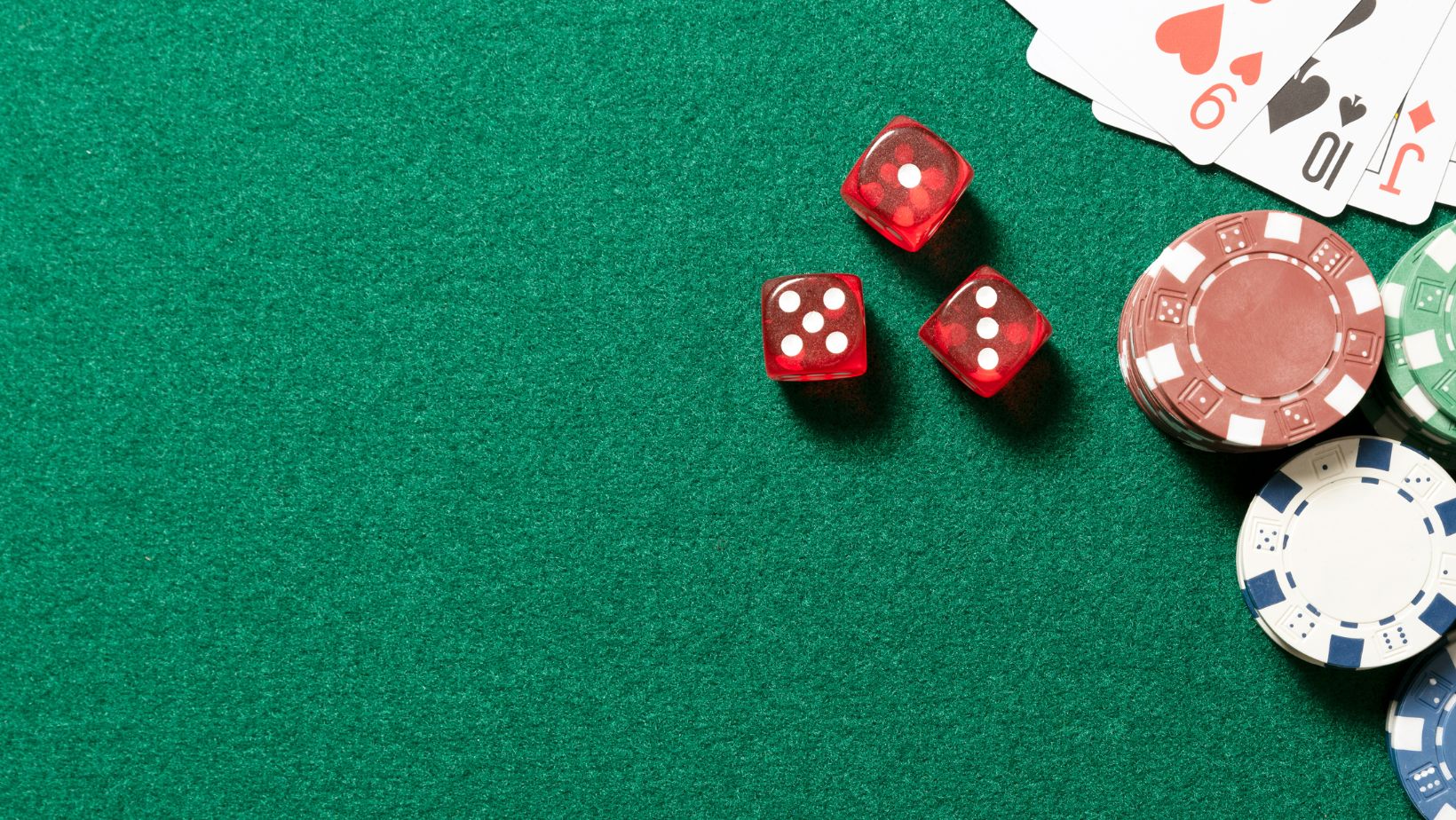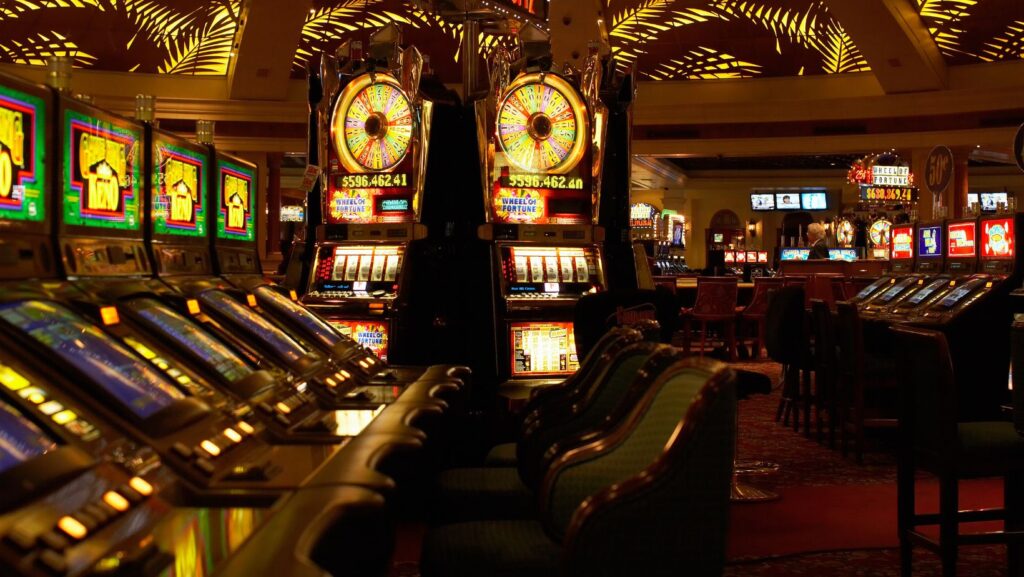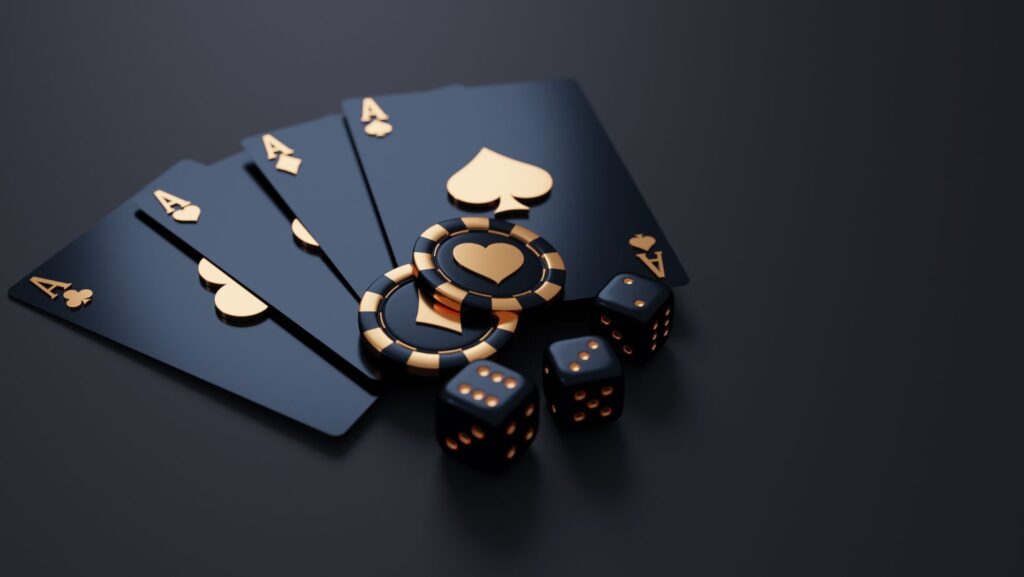Step into any casino, on a street, or online, and feelings greet you first. Bright signs glow, music loops, and nearby chatter fuses into a single rising mood. Energy builds before a chip moves or a card flips across green felt under lights. The mind steers every choice, and the house molds each detail, from rules to decor. Some online casino iceland platforms mirror the same mental levers on phones and laptops alike. Design meets psychology at every turn, not mystic luck or private rituals whispered in corners. Attention, feeling, and memory tangle with rules and payouts to guide timing and stakes. Those links explain why some people linger for hours, while others leave with ease. This piece maps the quiet forces inside reels, decks, dice, and glowing buttons. It favors clear science over superstition, pointing out patterns hidden behind random chance. By knowing these pulls, people can play with care and stop with grace. That insight turns hype into calm habits and steadier bankroll choices.
The Brain’s Love for Uncertainty
Reason says steady outcomes feel safer, yet people still crave a measured hint of risk. Brain science highlights dopamine, a messenger linked to pleasure, focus, and learning from surprise. Dopamine rises not when a prize is certain, but when a prize might appear. Slots and card draws use that bend by keeping outcomes unknown yet always within reach. Each near miss, like two cherries and a bar, sparks hope for quick success. The mind reads that tease as proof that victory sits one play away, waiting. Researchers call it the near-miss effect, and it stretches sessions far past plans. Small, off-and-on rewards build a variable ratio pattern that hooks steady attention. Social apps and video games share that same pattern, which keeps people checking often. Because the next spin could hit big, many trade certainty for suspense and bright possibilities, spotting this bias toward maybes over facts is the first step toward firm control.
Colors, Sounds, and Layout Tricks
The mind games do not stop with math inside rules, because design drives behavior. Planners pick rich reds, bright golds, and greens to hint at luck and urgency. Thick carpet softens every step, so time feels slower and steadier within the room. Walls and ceilings rarely show clocks, so natural time checks fade from steady view. Sound crews add soft chimes that praise each win, even one at a nearby seat. Screen games, flash lights, and play coin drops, though no metal ever changes hands.

Those cues mix to keep people relaxed yet alert, a careful and profitable balance. Table placement follows clear aims shaped by math and simple mover habits across busy paths. High edge wheels often sit near doors where fresh eyes meet easy games first. Lower edge games, like blackjack, sit deeper inside, greeting guests who have already spent time. By shaping space, sound, and color, houses steer moods and movement without a spoken word. The route itself becomes a guide that few people notice.
The Role of Memory and Loss Aversion
Memory shapes later bets far more than neat odds charts on felt or glass. One loud win stands larger in recall than ten quiet losses buried in time. The brain stores bright events quickly, while dull ones fade behind noise and chatter. That skew means one jackpot can eclipse long stretches of slow leaks across sessions. Experts call the pull the availability bias, and casinos build flows with it. Free spins, bonus hands, and little gifts arrive often enough to refresh that glow. Base odds remain set, yet the warm feeling returns on cue, guiding new choices. Loss aversion adds a second bend that shapes moves after a setback on chips. People feel a loss almost twice as hard as an equal gain on balance. Side bets and double downs promise quick recovery, yet chasing can deepen the hole. Keeping a clear log of results replaces snapshots with facts and supports preset stop points. Writing numbers beats memory and helps end sessions on schedule with less regret.
Balancing Entertainment and Responsibility
Casinos sell entertainment, so games must engage guests and keep them coming back. That pull must also feel fair, so players feel safe, heard, and respected. Current psychology offers simple tools that serve both the guest and the business. Many sites and rooms highlight cool-off periods that lock an account for twenty-four hours. That kind of commitment device helps people keep promises made during calm moments away. Some places show color-coded spend totals in real time beside each active screen. Concrete numbers on displays beat chips and credits when judging pace and budget. Friends and family can help as well by hearing goals and cheering smart exits. Studies show that shared plans reduce overspending and bring people closer to firm limits. Small habits help too, like setting a phone alarm or counting chips during breaks. A short walk and fresh air reset the senses and weakened the pull inside. When fun stays central and spending stays planned, both the house and players win healthily.


